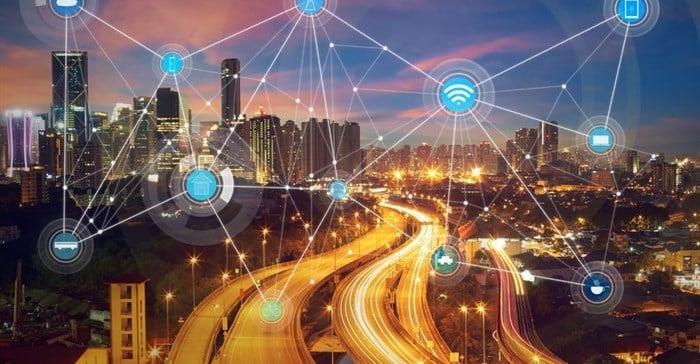
Top stories






AutomotiveHilux Custom Builds offers purpose-built solutions for your business
Toyota South Africa Motors 16 Feb 2026
More news


Marketing & Media
Ads are coming to AI. Does that really have to be such a bad thing?














Studies suggest that the Middle East and Africa (MENA) ICT sector is gearing up for heavy digital growth over the next few years. For example, a recent Frost & Sullivan report shows that four billion networked devices are expected to be in place in the MENA region by 2020.
In other words, the region is taking its place in a technology-driven future, with the internet of things (IoT), analytics, personal mobile devices and ubiquitous connectivity changing how people live.
Let’s single out IoT for the transformational technology that it is.
There are multiple potential applications of IoT which can shape the future of African cities, but one aspect of city life common to just about every smart city vision is transport (smart city projects typically revolve around transport and mobility, security, environment/social sustainability and public services).
Transport in its various forms has a major impact on the day-to-day lives of the residents of every city: it affects everything from logistics, to personal happiness, to the environment.
When transport works well, cities work well — and the opposite is also true. When there are traffic jams, frequent accidents, broken traffic signals and endless congestion, the very economy of the city is strangled.How can IoT make a difference? By collecting real-time information about traffic movements from across the complete spectrum of transport modes (cars, trains, buses), combining that with information from roads and robots and other traffic signals, then applying analytics to that data, it becomes possible to take informed actions in real time to optimise transport.
There’s more. As driverless technology matures, an IoT environment equips these vehicles for more consistent performance; the more devices, vehicles, assets and even people connected to the IoT network, the more potential exists for the creation of data for analysis and insight.
Such innovations can only contribute to citizens’ overall happiness, making their everyday lives simpler and more convenient.
But the convenience of smart cities depends on appropriate data security and the protection of the privacy of citizens. Security must, therefore, be at the forefront of design if smart cities are to flourish and bring on long-term happiness.
Consumers must trust that their personal data is protected across all the connected devices.
The smart city is, in effect, an ecosystem. In this ecosystem, all partners — governments, enterprises, software providers, device manufacturers, energy providers, and network service providers — must do their part and integrate solutions that abide by four core security objectives:
To achieve these security core objectives, strong authentication and ID management solutions must be integrated into the ecosystem to ensure that data is shared only with authorised parties. The solutions must also protect any connected backend systems from intrusion and hacking.
We envision smart cities where all the resources and services are integrated seamlessly into daily life for maximum efficiency, while protecting people and information.
To ensure this vision becomes reality, we make sure data security is not an afterthought in the planning of smart cities but a key element that allows smart services to make people’s lives easier and happier through trustworthy, secure technology.